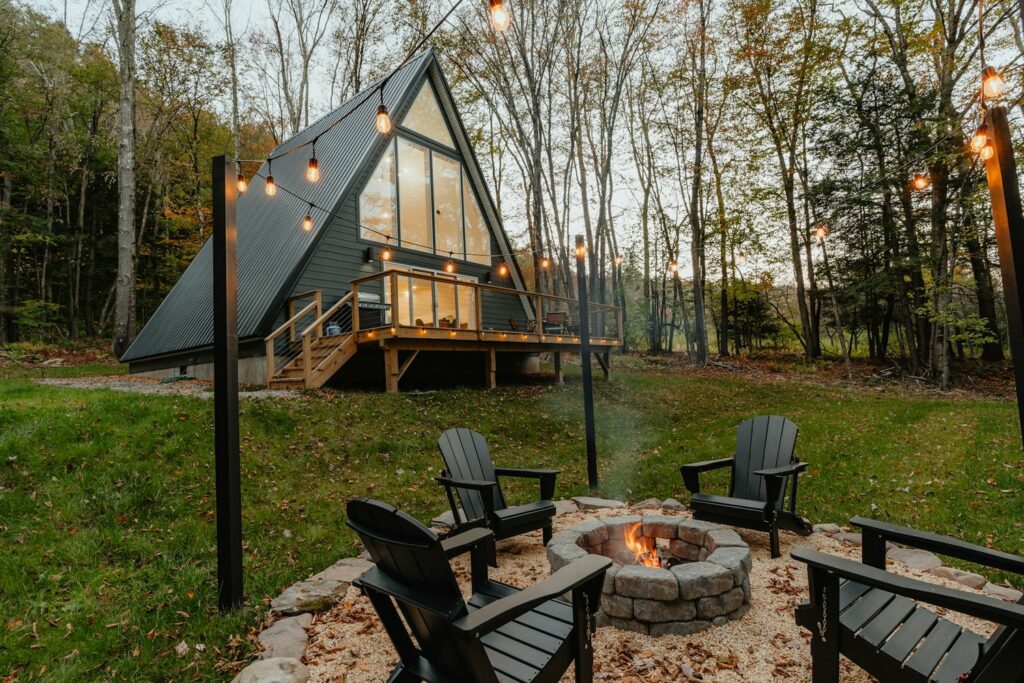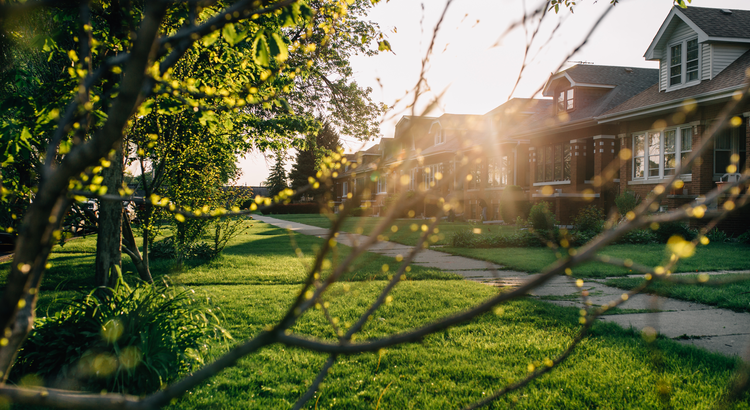Accessory dwelling units (ADUs) and home additions are smart strategies to enhance your property’s value and appeal. They create a versatile space that can serve as a rental unit, guest house or extended living area, and boost your home’s market value and attractiveness to buyers. Home additions — whether expanding living space or adding new rooms — tailor your property to your needs and make it stand out in the competitive real estate market. However, how long does it take to build one?Preliminary PlanningClarifying your project’s scope is crucial. Determining whether your goal is to create a rental income source with an ADU or to expand your living space with a home addition will guide your planning, design, and budgeting phases.This initial step ensures your project aligns with your long-term desires. In 2022, 10% of renovations in the U.S. were home additions, underscoring the popularity of expanding to meet evolving homeowner needs.Researching local regulations and obtaining the necessary permits is essential to the process. Zoning laws, building codes and permit requirements can significantly impact your project from design to completion.Remember — the time it takes to navigate this stage can vary widely depending on your location. In some areas, you might secure permits in weeks, while it could take months in others. Starting this research early and planning accordingly will help you set realistic timelines and avoid potential setbacks.Design and PermitsWorking with architects or designers is pivotal in turning your vision for a home addition or an ADU into a tangible plan. This collaboration begins with sharing your ideas and requirements, allowing the professionals to draft initial designs.Be prepared for a process requiring several iterations, as your feedback leads to revisions. The complexity of your project and the number of design drafts can significantly influence the time frame for finalizing plans.Navigating the permit process is another crucial phase, with waiting times that can vary significantly across different municipalities. Some areas process your application within weeks, while others could take several months. Florida jurisdictions may reduce permit fees by up to 75% if you retain a private provider for building inspection services, potentially offering substantial savings. Contractors or building companies experienced in local building requirements often understand the ins and outs of the process in your area, which can help secure permits more efficiently.In addition, you must obtain permission for other projects, such as installing a pool or deck, and updating the electrical system or plumbing. Ensure your plans are complete and comply with local codes before submission to streamline this step.Construction TimelinesThe construction phase starts with vital initial steps such as site preparation and foundation work. During site preparation, workers clear, level and prepare the area for construction. Then, they start with foundation work, which involves excavating, setting footers, and pouring concrete to support your ADU or home addition.This foundational stage typically spans several days, depending on the project’s scale and site conditions. It’s essential to account for this time frame in your overall project planning, as a solid foundation is critical for the durability and safety of your new structure.As the foundation sets, construction moves to framing, roofing and interior finishes. Framing gives your addition its shape and structure. Meanwhile, roofing protects it from the elements, and interior finishes transform it into a livable space.The construction of the addition can vary in time, usually taking several months to complete. While a typical project might progress smoothly within expected time frames, it’s wise to anticipate potential delays due to weather, materials shortages or labor availability.The final phase includes a thorough inspection to ensure everything meets local building codes and standards, followed by necessary adjustments. This last step is crucial and can take additional weeks. It underscores the importance of building in extra time into your project timeline for these final touches.Factors Affecting Timelines and How to Manage ThemWeather is significant in construction schedules, particularly for external work such as framing, roofing and foundation setting. For instance, rain, snow or extreme temperatures can halt work, extending the timeline of your project. These delays are inconvenient and can impact other scheduled tasks, pushing your completion date further.To mitigate weather-related risks, planning your construction during your area’s most stable weather periods is wise. However, always prepare for unexpected changes by incorporating buffer times into your schedule.Material delays and labor shortages are other critical factors that can extend your project. The current market experiences many fluctuations, leading to unforeseen delays in material delivery and a need for more skilled labor. Financial preparation for material and cost escalation can prevent unnecessary spending and ensure your project continues progressing despite rising prices.Partnering with reputable contractors with established supply chains and workforce can also help mitigate these risks. Since more complex or larger projects naturally take longer, setting realistic expectations is crucial. Understanding the potential for delays and budgeting your schedule and finances accordingly guarantees a smoother construction process.Planning for SuccessWhen planning your ADU or home addition project, embracing flexibility is crucial. Incorporate buffer periods to manage unexpected delays gracefully. Clear communication with architects, contractors and local authorities is paramount. For example, keeping your sentences below 25 words promotes straightforward, effective exchanges that help keep your project on track.This approach aids in maintaining timelines and in navigating the financial aspects of your project. In addition, budgeting for unforeseen delays or costs prepares you for any scenario. It reduces stress, which allows for a smoother project flow.Maximizing Property Value with ADUs and Home AdditionsConstructing an ADU or home addition can significantly enhance your property’s value, offering appealing benefits for sellers and buyers. Approach these projects with patience, flexibility, and thorough planning to guarantee the best outcomes and maximize the return on your investment. While the timeline of a build varies by design, home and construction crew, this basic schedule provides a rough estimate of when your new space should be complete.




